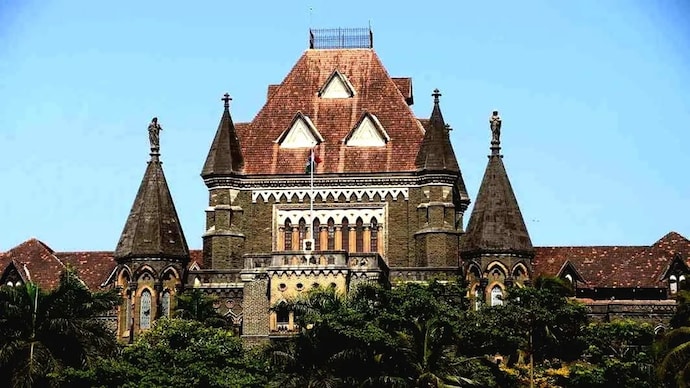
In a recent enforcement action at the Bombay High Court, a Navi Mumbai resident was fined ₹1 lakh and had his mobile phone seized after he was found recording court proceedings. This incident has ignited debates about the rights and limitations of recording in judicial settings, with authorities emphasizing the need to maintain decorum and privacy within the courtroom. As legal experts weigh in, the incident underscores the strict guidelines that govern recording practices in India’s high courts.
Incident Overview
The case emerged when the resident, whose identity has not been disclosed, was apprehended while recording proceedings inside the Bombay High Court. Despite the increasing use of mobile devices for various purposes, the act of recording judicial proceedings without explicit permission is considered a serious breach of court protocol.
Location: The incident occurred at the Bombay High Court, one of India’s oldest and most prestigious judicial institutions.
Violation: The accused was found recording the proceedings, an act strictly prohibited under court rules designed to protect the integrity and confidentiality of judicial processes.
Penalty: The court imposed a fine of ₹1 lakh on the individual, and his mobile phone was confiscated as evidence of the violation.
Authorities maintain that these measures are necessary to deter unauthorized recordings that could compromise the sanctity of court operations and potentially influence ongoing judicial matters.
Legal Framework and Court Protocols
Recording in courtrooms is governed by strict regulations aimed at ensuring that the judicial process remains undisturbed and confidential. The rules generally prohibit the use of recording devices to:
Protect Confidentiality: Unauthorized recordings can lead to the dissemination of sensitive information, potentially affecting the fairness of trials.
Maintain Decorum: The presence of recording devices may disrupt proceedings and undermine the authority of the court.
Preserve Judicial Integrity: By preventing recordings, the court ensures that proceedings are not misinterpreted or taken out of context in public discourse.
In this case, the fine of ₹1 lakh and the seizure of the mobile phone serve as a clear message that such violations will be met with stringent penalties, reinforcing the need for adherence to established protocols.
Expert Opinions and Public Reactions
Legal experts have weighed in on the matter, generally supporting the court’s decision. They argue that while the digital age has brought about greater accessibility to information, it is equally important to respect the boundaries set by judicial authorities.
Protection of Judicial Process: Experts note that maintaining the integrity of court proceedings is paramount. Unauthorized recordings can lead to misinterpretations and may even influence public opinion or legal outcomes.
Deterrence: The strict penalty imposed in this case is seen as a deterrent for others who might consider similar actions. It underscores the seriousness with which the judiciary views such violations.
Debate on Transparency: On the other hand, some commentators have raised questions about the balance between transparency and judicial confidentiality. They argue that there is a growing demand for greater transparency in the judicial process, though this must be carefully balanced against the need to protect sensitive information.
Implications for Future Court Proceedings
The incident is likely to have several implications for future court proceedings at the Bombay High Court and beyond:
Stricter Enforcement: Courts across India may adopt even stricter measures to prevent unauthorized recordings, ensuring that judicial processes remain secure.
Public Awareness: The case highlights the need for greater public awareness regarding court protocols. Educational initiatives may be required to inform citizens about the legal boundaries of recording in judicial settings.
Policy Reforms: In response to evolving technology, there may be discussions on updating or clarifying existing rules to better balance the public’s right to information with the need to maintain judicial integrity.
Conclusion: Upholding Judicial Sanctity in the Digital Age
The fine imposed on the Navi Mumbai resident for recording proceedings at the Bombay High Court serves as a pivotal reminder of the importance of maintaining decorum and confidentiality in judicial processes. As technology continues to evolve, the judiciary faces the ongoing challenge of adapting its protocols to safeguard the sanctity of the legal system while addressing the public’s growing demand for transparency. This incident, and the subsequent strict penalties, underscore the critical balance that must be maintained to ensure that justice is administered fairly and without interference.










